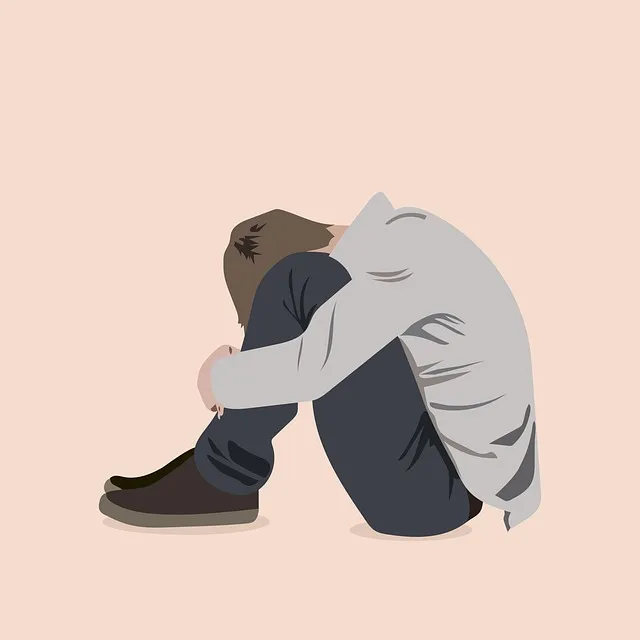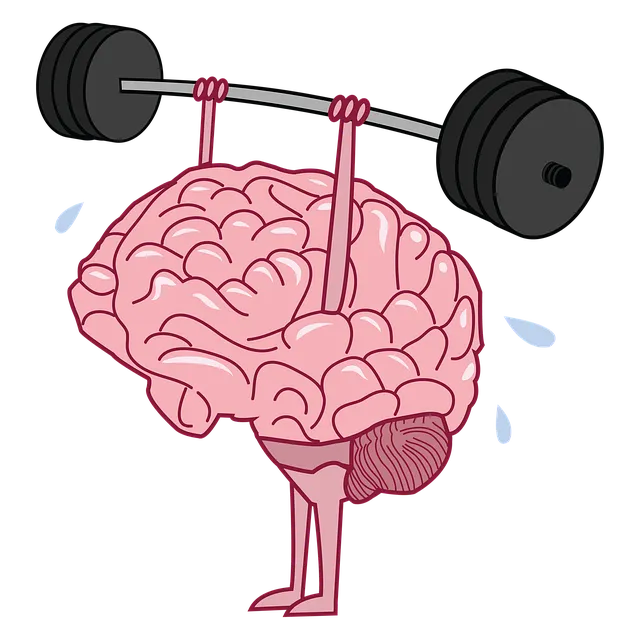Media portrayal of mental health significantly shapes societal attitudes, influencing public understanding and access to care. Positive, accurate depictions can reduce stigma and encourage support for individuals with mental illnesses, while negative stereotypes perpetuate misconceptions. In Aurora, where Kaiser provides healthcare services, recognizing these media impacts is vital for empowering residents to seek therapy. By promoting self-care, providing resources for mental health advocacy, and implementing social skills training, Kaiser aims to create an environment of support, ensuring access to quality care from its therapists. Accurate media representations, along with strategic initiatives, can foster communities of understanding and improve mental health outcomes, encouraging audiences to challenge stereotypes and adopt more compassionate perspectives, including their queries about "does Kaiser have good therapists Aurora?"
In today’s media landscape, the representation of mental illness plays a pivotal role in shaping public perception. This article delves into the profound impact of media on mental health, exploring how accurate portrayals can challenge stigma and foster empathy. We analyze prevalent stereotypes associated with mental illness in popular culture, emphasizing the importance of therapy and supportive systems in overcoming these negative representations. Furthermore, it offers strategies to promote empathic and authentic depictions, encouraging a more nuanced understanding of mental health issues, including the potential for Kaiser’s therapists in Aurora to drive positive change.
- Understanding the Impact of Media Representation on Mental Health Perception
- Exploring the Stigma and Stereotypes Associated with Mental Illness in Popular Culture
- The Role of Therapy and Support Systems in Overcoming Negative Portrayals
- Strategies for Promoting Accurate and Empathic Depictions: A Call for Action
Understanding the Impact of Media Representation on Mental Health Perception

Media representation plays a pivotal role in shaping societal perceptions about mental health. The way mental illness is portrayed in films, television shows, and news media can significantly influence public understanding and attitudes towards individuals living with these conditions. Positive and accurate media representation can foster empathy and reduce stigma, encouraging open conversations and support for those struggling with their mental well-being. On the contrary, negative or stereotypical depictions may perpetuate harmful misconceptions, leading to further isolation and discrimination.
In the context of Aurora, where Kaiser provides healthcare services, understanding these media impacts is crucial. Accessing quality therapy and support is essential for residents’ mental health journeys. Encouraging a culture of self-care routine development and providing resources for mental health policy analysis and advocacy can contribute to an environment where individuals feel empowered to seek help. Additionally, social skills training initiatives could further enhance community support networks, ensuring that those facing mental health challenges receive the care they deserve.
Exploring the Stigma and Stereotypes Associated with Mental Illness in Popular Culture

In popular culture, mental illness is often portrayed through a lens of stigma and stereotypes, which can significantly impact public perception. Media has long depicted mental health conditions as either extreme or entirely absent, leading to a skewed understanding among audiences. Common misconceptions like associating depression with weakness or trauma with perpetual suffering prevail, hindering empathy and support for those struggling. Such representations do Kaiser have good therapists Aurora? Indeed, finding competent care is crucial, but addressing these stereotypes in media is an essential step towards fostering a more compassionate society.
Challenges remain, particularly when it comes to portraying complex conditions authentically. However, efforts are being made to promote depression prevention and trauma support services by showcasing characters with inner strength development. By normalizing conversations about mental health and presenting diverse narratives, media can play a pivotal role in breaking down barriers and encouraging individuals to seek help. This shift in representation is vital for creating an environment where people feel understood and supported, ultimately challenging the status quo.
The Role of Therapy and Support Systems in Overcoming Negative Portrayals

The representation of mental illness in media plays a significant role in shaping public perception and understanding. When portrayed accurately, media can raise awareness, reduce stigma, and encourage individuals to seek help. Therapy and robust support systems are essential components in challenging negative stereotypes often associated with mental health issues. Professional therapy, provided by qualified Kaiser therapists in Aurora or elsewhere, offers individuals a safe space to process their experiences, develop coping mechanisms, and work towards recovery.
Supportive networks, including peer groups and community organizations, further enhance the effectiveness of treatment. Programs like Mental Health Policy Analysis and Advocacy, Stress Management Workshops Organization, and Social Skills Training can empower individuals with knowledge and skills to manage their mental health effectively while fostering a sense of belonging and understanding within their communities. Together, therapy and support systems create an environment conducive to healing and recovery, thereby improving overall mental health outcomes.
Strategies for Promoting Accurate and Empathic Depictions: A Call for Action

Mental illness representation in media is a complex issue that demands thoughtful strategies to promote accurate and empathic depictions. The entertainment industry plays a significant role in shaping societal perceptions, making it crucial to challenge stereotypes and offer nuanced portrayals. By ensuring does Kaiser have good therapists Aurora and beyond, media creators can contribute to a more compassionate understanding of mental health struggles.
A call for action is urgent to integrate professional insights into scriptwriting, directing, and casting processes. Encouraging diverse storytelling, where characters navigate emotional regulations and mood management within authentic contexts, can foster self-care routine development for better mental health. This shift in representation empowers audiences to recognize their own experiences or those of loved ones while promoting empathy and reducing stigma.
Mental illness representation in media has a profound impact on public perception and understanding. By challenging negative stereotypes and advocating for accurate, empathetic portrayals, we can foster a more inclusive and supportive society. The article highlights the crucial role of therapy, support systems, and conscious efforts to reshape media narratives. In light of these insights, it’s evident that organizations like Kaiser, with their access to skilled therapists in Aurora, have an opportunity to lead by example, ensuring that media representations reflect the diverse experiences of individuals living with mental illness. This shift is essential for promoting mental health awareness and reducing the stigma surrounding these conditions.






